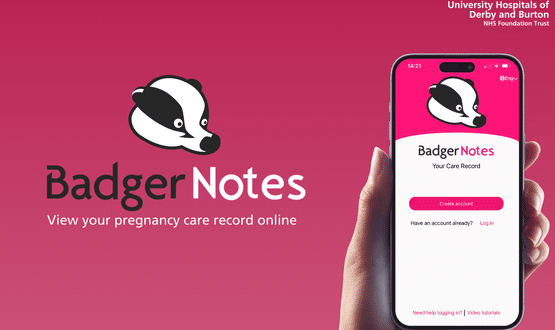Major weaknesses found in maternity systems
- 10 July 2008
The Healthcare Commission has urged trusts to invest in maternity information systems in a report that identifies major weaknesses in services for pregnant women and new mothers.
The outcome of a two-year review of maternity services in England, launched after a series of inquiries at trusts, identifies a lack of good maternity information services as a “major weakness” that needs to be addressed.
It says that although trusts are required to provide data sets on hospital activity and outcomes for mothers and babies to the Clear Net system, the information was “found to be missing for many trusts” when it was checked for the review.
Trusts also struggled to provide data requested by the Healthcare Commission for its inquiry. Only 60% of trusts said they had a maternity information system that met the requirements of NHS Connecting for Health.
A further 23% said they had a system that was not compliant: and 17% said they had no maternity information system at all. Even when trusts had systems, the review found they were limited.
More than half (55%) covered only intrapartum care, or labour and birth, and just 15% covered the whole patient journey from antenatal to postnatal care. Many trust staff reported that their systems were not inadequate or badly maintained.
“All trusts should invest in a suitable maternity information system covering both community and intrapartum care,” the report concludes.
The review looked at maternity care at 150 trusts in England and carried out a survey of more than 5,000 maternity staff and 26,000 mothers.
It found that most women had a favourable view of hospital maternity services, although the number rating their care as good or better ranged from 96% at one trust to just 67% at another.
Perceptions of antenatal and postnatal care were less good. And the report identifies weaknesses in staffing and teamwork that have been identified in earlier investigations, suggesting trusts are not learning from failure or best practice.
In particular, it found that staffing levels were low, that doctors and midwives were failing to attend courses and training, that there was poor continuity of care, poor communication, and inadequate numbers of beds and bathrooms on labour wards.
"There is no doubt that the report contains some tough messages,” said Healthcare Commission chair Sir Ian Kennedy. “There is clearly more to be done to improve the quality of clinical care as well as the experiences of women.
“I don’t ever again want to be reading another report into high death rates at a maternity unit. I don’t want our investigators to be again describing to a young family what happened to their mum."
The report contains seven key recommendations, with a checklist for action by managers.
Link
Towards Better Births – a review of maternity services in England




